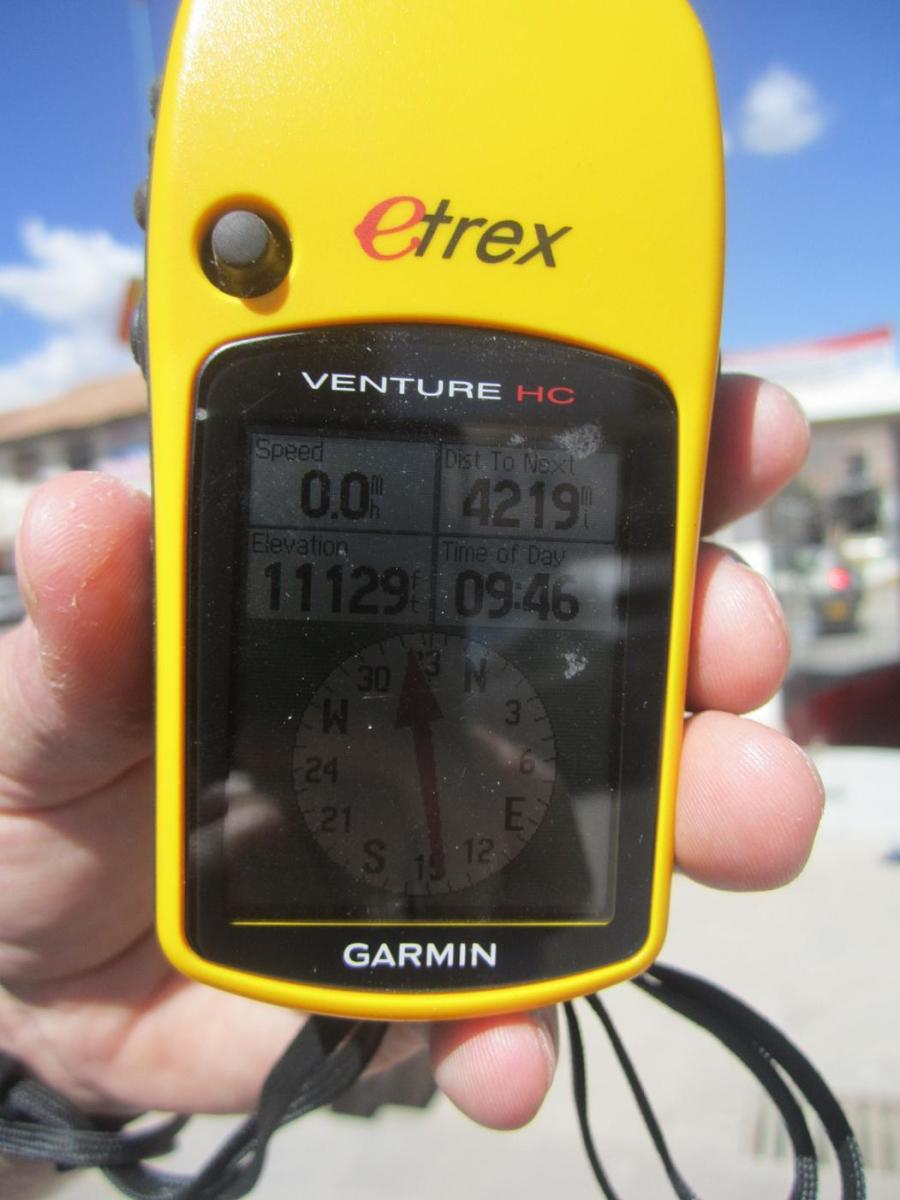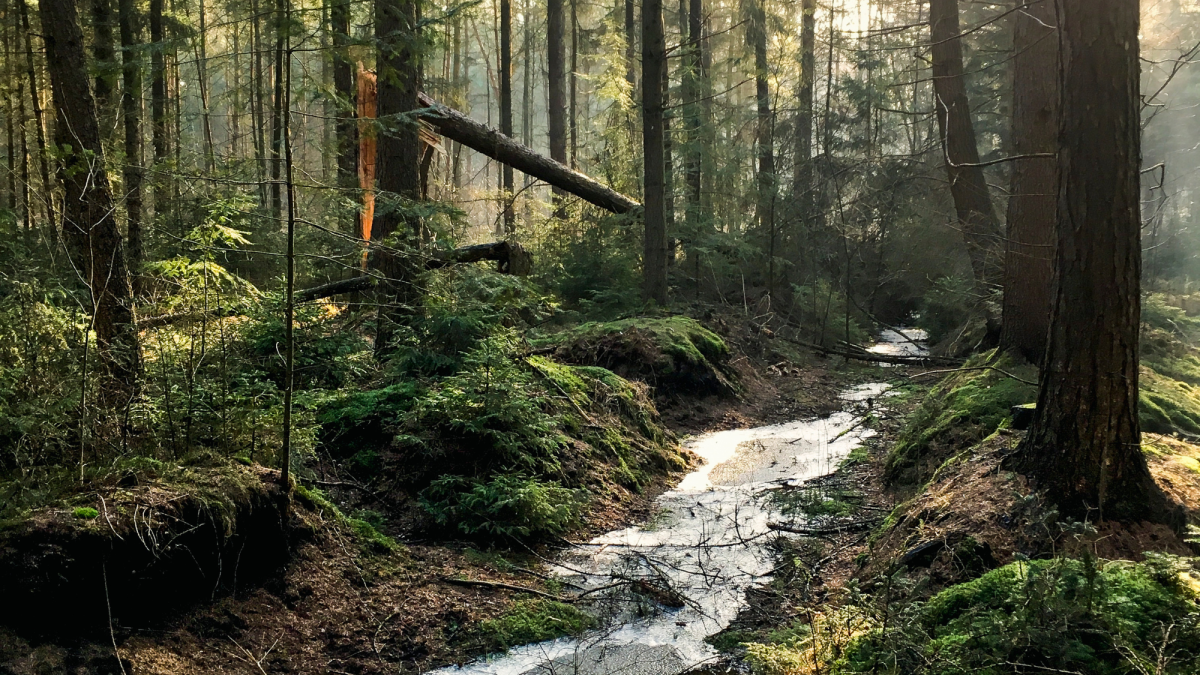Exciting New Pastime of Geocaching
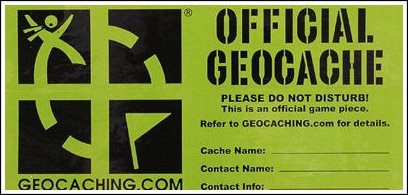


There’s a new game in town that’s been hailed as a brand new sport for people of all ages. It’s ever increasing popularity combines technology, adventure and fun.
It’s called geocaching and can be played solo or as a team. Geocaching is a real outdoor treasure hunting game with players trying to locate hidden containers, called geocaches with hand held GPS devices.
It all actually began on May 2, 2000 when 24 orbiting satellites received transmissions enabling a new concept called “selective availability.” All “technogeek” lingo aside, it simply means the accuracy of GPS technology improved tenfold.
For GPS buffs this very briefly posed the problem of what they could use the upgrade for…but, only briefly. Internet newsgroups were suddenly swamped with ideas of how the new technology could be used.

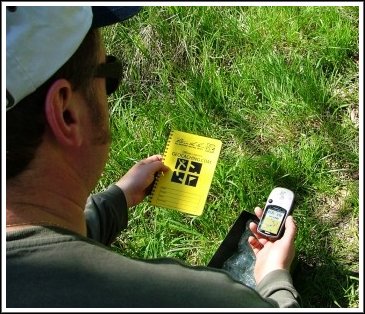
Geocoin & Travel Bug
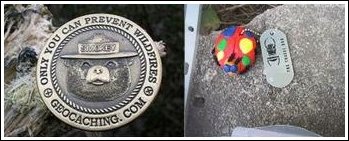
The game consists of using a hand held GPS receiver to guide players to a specific location where a "cache" has been hidden. Once found, their visit is recorded in a logbook and a “treasure” is left or traded for another. There are usually a variety of treasure containers to choose from and the only rule is to only trade your treasure for one of lesser or equal value. Every player is expected to be on the honor system.
Dave Ulmer, a computer consultant, wanted to test the new accuracy by hiding a navigational target. He called the idea the "Great American GPS Stash Hunt" and posted it on an internet GPS users' group. The idea was to hide a container and note the coordinates with a GPS unit.
The players, using only GPS units, would then try to locate the container. The rules were simple: "Take some stuff, leave some stuff."
Ulmer placed his cache, along with a logbook near Beavercreek, Oregon, in the Portland area. His cache included videos, books, software and a slingshot. He then informed the online community of the coordinates.
Within three days, two prospective players found his message and used their GPS receivers to find the container. The two shared their experiences online. The new pastime of geocaching was born. In no time others began hiding and finding stashes and posting their own coordinates. The rest is history.
Within a month the first person to find Ulmer's stash began gathering online posts of coordinates around the world. He then made a list to put on his personal home page, thus creating the GPS Stash Hunt Mailing List. It was decided to change the "stash" due to its’ negative connotations of that name and the term "geocaching" came into being. However, for a time the "GPS Stash Hunt" was the most widely used term.
Generally, cache "treasures" are not highly valuable. But they may be personally valuable to the finder. Common contents areunusual coins, currency, small toys, CDs, or even books. Also popular are objects that “travel” from cache to another. These are called "hitchhikers.” Hitchhikers can be “Travel bugs” or “Geocoins.” These items can be recorded in the caches’ logbook travels and followed online.
In the beginning, geocaching was restricted to only experienced GPS users who were already familiar with GPS technology and language.
Jeremy Irish, a web developer for a Seattle company, accidently stumbled upon a geocache web site while conducting GPS technology research. He was immediately captivated by the idea of treasure hunting using tech-gadgets. Discovering a cache was hidden nearby Jeremy purchased a GPS unit and went hunting.
After finding his first cache, Irish began a hobby site using the term geocaching. When, the site was completed it was disseminated online on September 2, 2000. At the time there were only 75 known caches in the world.
Slashdot, a popular online magazine for techies, announced the new sport on September 25, attracting even larger numbers to the hobby. The New York Times picked up the story which was subsequently picked up by other magazines and media.
At first there were only a few caches in the world. Existing players adopted the phrase "If you hide it, they will come." They did.
Currently there are over 1.3 million active geocaches published on various websites and over 5 million participants worldwide.
You can find out more about this exciting hobby by visiting: http://www.geocaching.com



